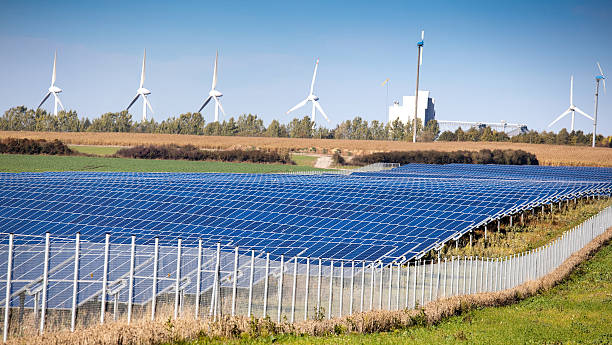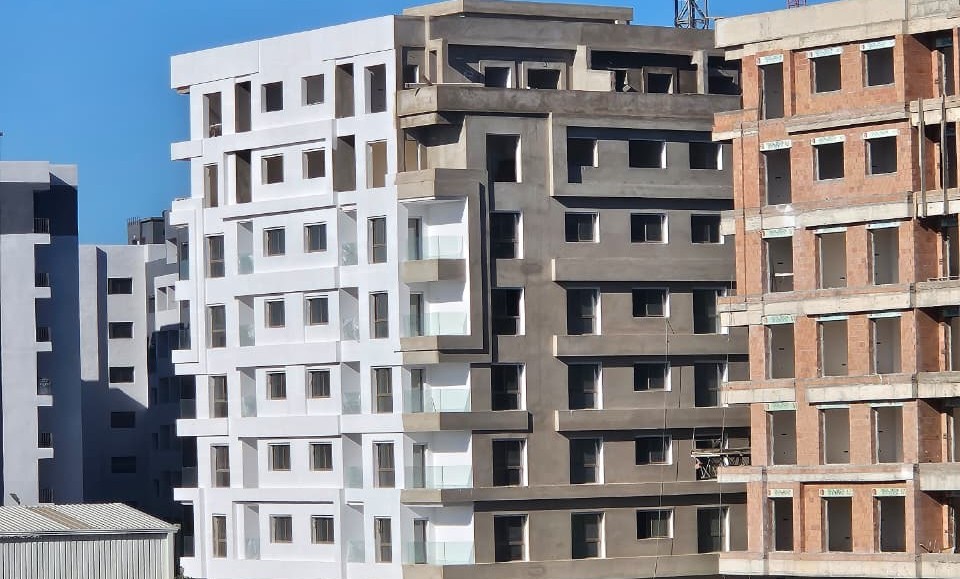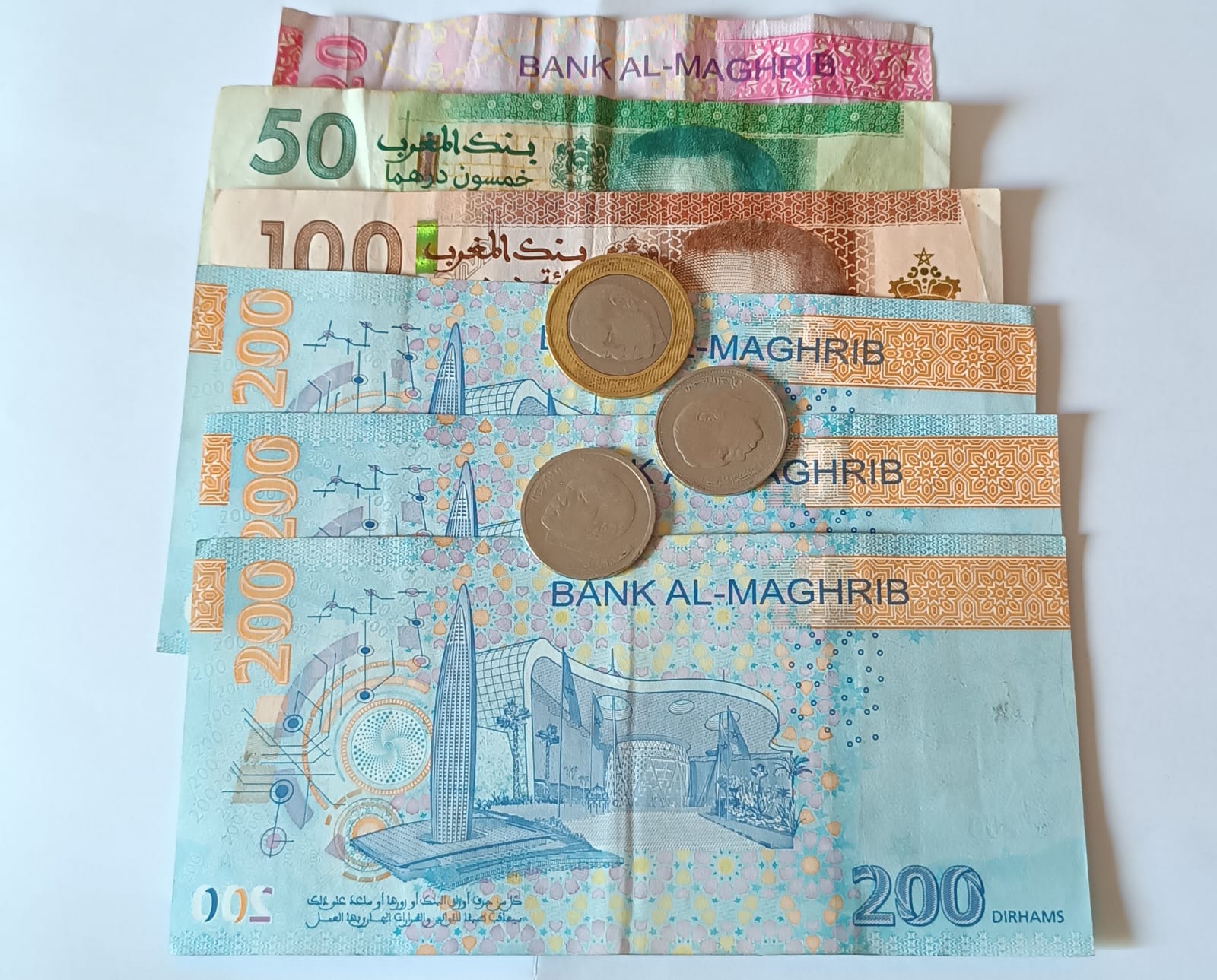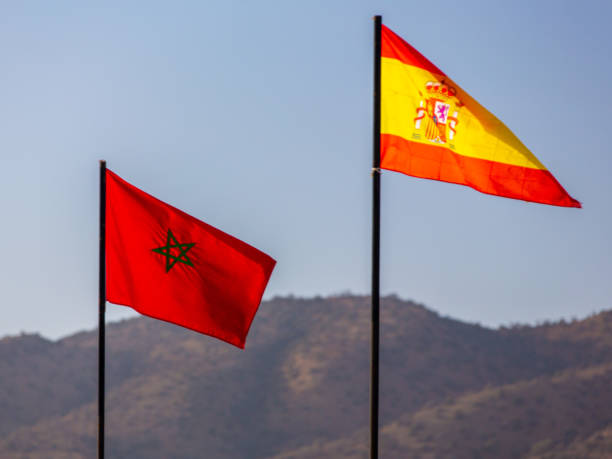Casablanca – Morocco’s journey towards sustainable energy solutions has reached a significant milestone, as the nation proudly announces that 40% of its energy needs are now met through renewable sources. Minister of Energy Transition and Sustainable Development, Leila Benali, made this groundbreaking revelation at the Conference of the Parties to the United Nations Framework Convention on Climate Change, known as “COP 28,” held in Dubai.
This achievement is not only a testament to Morocco’s unwavering commitment to environmental stewardship but also underscores the efficacy of quality projects included in the country’s investment program. Minister Benali further outlined ambitious plans to elevate renewable energy production, aiming to satisfy approximately 52% of Morocco’s energy demands through renewables by the year 2030.
During her address at COP 28, Minister Benali emphasized the pivotal role of the conference in amplifying Morocco’s leadership in energy transition and sustainable development. She showcased Morocco’s innovative initiatives in renewable energy projects, sea water desalination using renewable energy, and low-carbon industrial ventures. Additionally, she highlighted priority projects and initiatives focusing on green hydrogen, all of which garnered positive reception from stakeholders.
Morocco’s prowess in renewable energy development spans over 15 years, with a strategic focus on renewable energy, energy efficiency, and regional integration. The monumental “Noor Ouarzazate” project in the southeast the country, stands as a testament to Morocco’s commitment to renewable energy, boasting the title of the world’s largest solar complex with a staggering total production capacity of 580 megawatts.
In alignment with its renewable energy strategies, Morocco is actively fostering stronger ties with countries in the Mediterranean basin and the Atlantic region, furthering its regional integration efforts. The nation’s potential as a key renewable energy supplier to energy-hungry Europe has garnered international recognition, leveraging Morocco’s abundant sunlight and vast infrastructure opportunities in the solar energy sector.
However, achieving Morocco’s renewable energy targets necessitates substantial investment. International partners have stepped up to support Morocco’s green energy transition, with European countries pledging $624 million in funding earlier this year. Despite these efforts, Morocco continues to face challenges as it currently relies on fossil fuels for over 90% of its energy needs.
The Noor Ouarzazate solar power plant, currently under construction in the southern region of Morocco, symbolizes the nation’s unwavering dedication to renewable energy. As the largest concentrated solar power project in the world, it exemplifies Morocco’s ambition and determination to lead the charge towards a sustainable future.
As Morocco presses forward on its path to sustainability, the nation stands poised to capitalize on its renewable energy potential, making significant contributions to global efforts in combating climate change and paving the way for a greener and more sustainable future for generations to come.
















